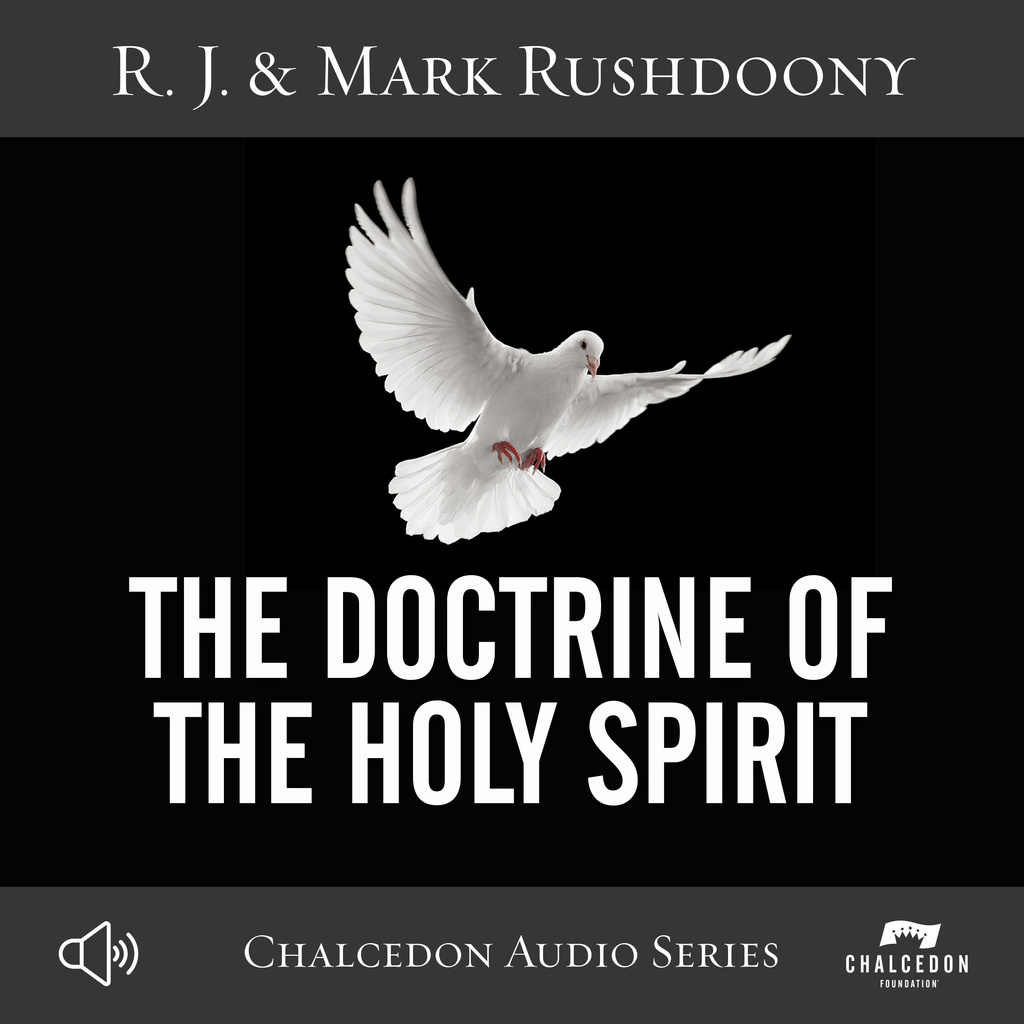
Saul and the Spirit
Saul in being called to be king was called to be God’s prophet, and for Saul to fail as a prophet meant also to fail to be a king under God. God rejected Saul, and Samuel did also. Saul wanted to be his own king, not God’s king, he preferred his way to the Spirits way. And then Saul saw Samuel denouncing him, anointing David to be king in due time and saying to Saul: ‘Ye shall see me no more. I will not be a part of anything you are a part of, because you are not under God.’

- R. J. Rushdoony
Saul in being called to be king was called to be God’s prophet, and for Saul to fail as a prophet meant also to fail to be a king under God. God rejected Saul, and Samuel did also. Saul wanted to be his own king, not God’s king, he preferred his way to the Spirits way. And then Saul saw Samuel denouncing him, anointing David to be king in due time and saying to Saul: ‘Ye shall see me no more. I will not be a part of anything you are a part of, because you are not under God.’

- R. J. Rushdoony
Rev. R.J. Rushdoony (1916–2001), was a leading theologian, church/state expert, and author of numerous works on the application of Biblical law to society. He started the Chalcedon Foundation in 1965. His Institutes of Biblical Law (1973) began the contemporary theonomy movement which posits the validity of Biblical law as God’s standard of obedience for all. He therefore saw God’s law as the basis of the modern Christian response to the cultural decline, one he attributed to the church’s false view of God’s law being opposed to His grace. This broad Christian response he described as “Christian Reconstruction.” He is credited with igniting the modern Christian school and homeschooling movements in the mid to late 20th century. He also traveled extensively lecturing and serving as an expert witness in numerous court cases regarding religious liberty. Many ministry and educational efforts that continue today, took their philosophical and Biblical roots from his lectures and books.